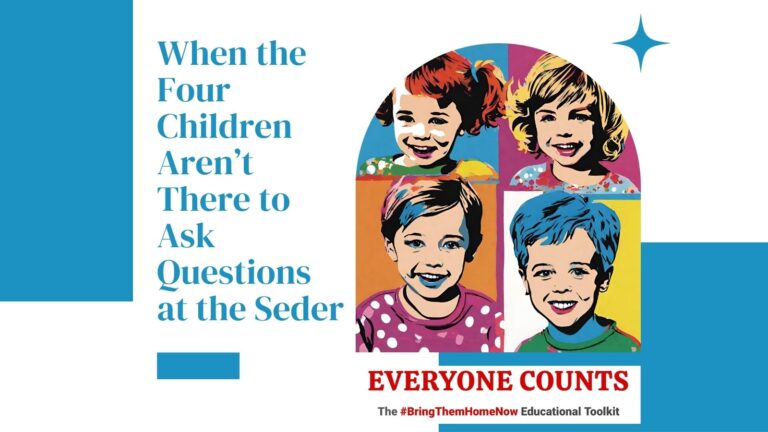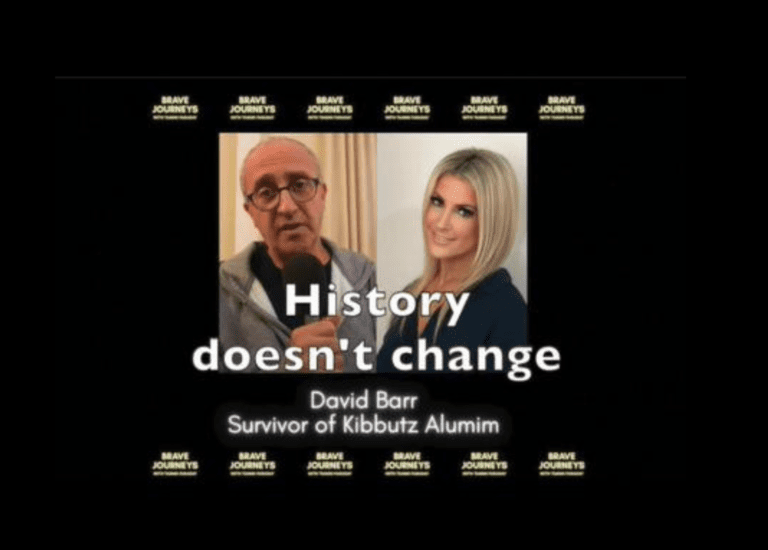Interviewed by Jono Gelfand on 1st October 2024
Joe Szwarcberg was born in 1930 in Kozienice, Poland, into a loving and comfortable family. As the youngest of six children, he cherished his early years filled with family, community, and tradition. However, his life took a horrific turn when the Germans invaded his town, turning it into a ghetto. Joe, just a boy at the time, risked his life to find food for his family while witnessing unimaginable atrocities, including the murder of his brother and the destruction of his hometown’s Jewish community. After escaping deportation to Treblinka, Joe was sent to multiple labor camps, including Skarzysko, where he narrowly escaped execution and endured brutal conditions as a child forced into labor. Eventually, he was transported to the Buchenwald concentration camp in Germany, where he saw many of his fellow prisoners die from starvation. Joe’s resourcefulness, such as offering to repair a bread warehouse in exchange for food, helped him survive the relentless horrors of the camp. He was liberated by American soldiers in 1945, weighing only 32 kilos and standing 149 centimeters tall at the age of 14.
After liberation, Joe was taken to a Jewish orphanage in France, where he bonded with other young survivors known as the “Buchenwald Boys.” At 17, he immigrated to Australia, where he rebuilt his life, reuniting with his sisters and starting a family of his own. Joe built a successful business and raised two children with his wife, Tania. Today, as the last surviving member of the Buchenwald Boys, Joe reflects on the atrocities he witnessed and the importance of preserving the memory of the Holocaust. He emphasizes that future generations must learn from history to fight hatred and intolerance, ensuring that such horrors are never repeated.








